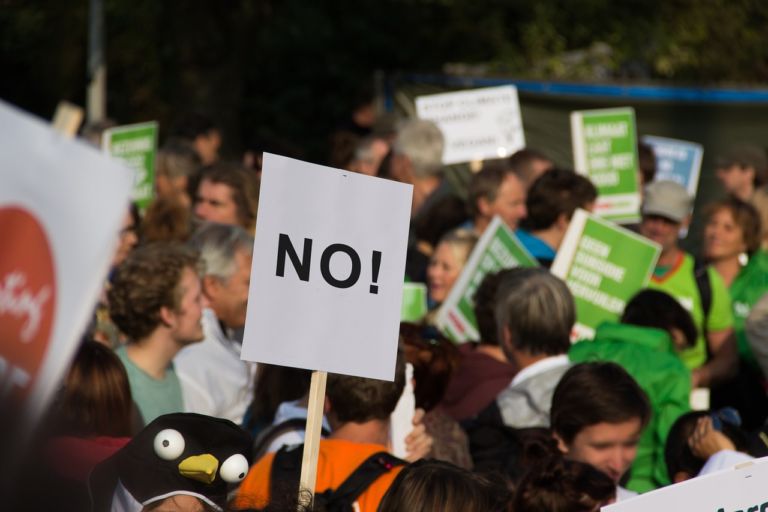John Hood writes for Carolina Journal’s Daily Journal:
Is it the job of government to make you happy? While it may seem like a straightforward question, there are some important subtleties packed into those few words.
On the face of it, “no” feels like the obvious answer. Our country’s Declaration of Independence states that governments are instituted to secure our rights to “life, liberty, and the pursuit of happiness.” The first section of our own state constitution uses the same language, while adding that North Carolinians are also entitled to protection of their right “to enjoyment of the fruits of their own labor.”
Under our form of government, you are not entitled to be happy. Nor are you entitled to enjoy the rights of someone else’s labor. You are free to yearn, to strive, to pursue. You may reach your goals, and feel happy about that. Or you may not fully reach your goals, yet derive satisfaction from the attempt and from what you gain along the way.
Governments are obligated, then, only to protect your right to pursue happiness. Simply being unhappy is not a justification for governments using coercion to transfer the fruits of other people’s labors to you.
On the other hand, the tasks governments are constitutionally authorized to do for us — ensure public safety, administer courts, and finance public goods that cannot otherwise be delivered by voluntary means — are obviously related to our happiness. We pay taxes, comply with the law, and otherwise give up some of our personal liberty in order to receive valuable public services. If we don’t get them, or their value is far less than the cost, that understandably makes us unhappy. As government failures increase, that unhappiness turns to anger.
Whether in Washington or in Raleigh, policymakers typically judge public policies according to objective criteria such as the pace of economic growth, changes in personal incomes, levels of educational attainment, or health outcomes. Increasingly, however, some analysts are using measures of public happiness or satisfaction to evaluate what government does (or fails to do).
Read more here.


